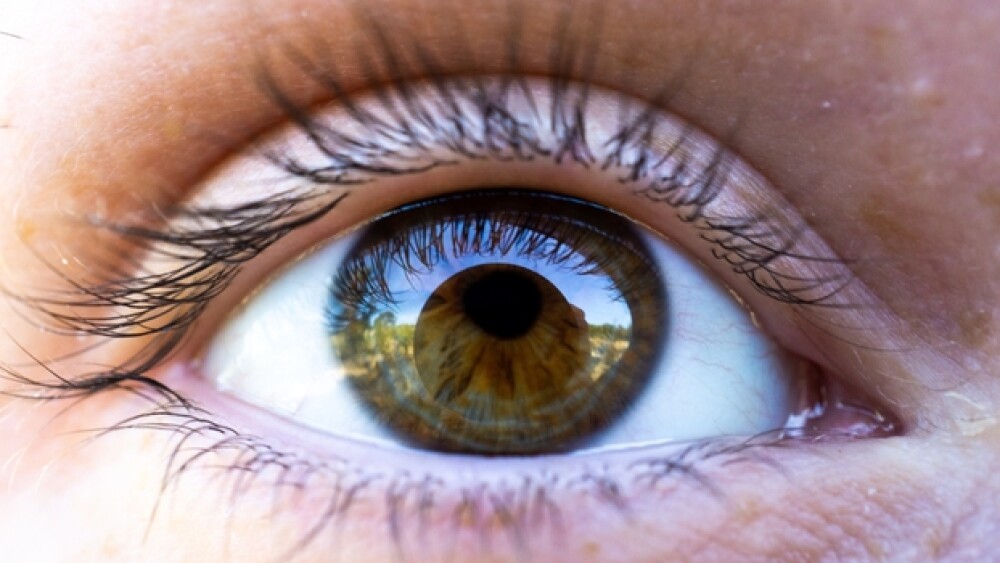The first four patients that were administered BS01, Bionic Sight’s investigational gene therapy for advanced retinitis pigmentosa (RP), all reported the ability to detect light and motion. Two of the patients were also able to detect direction.
Today Bionic Sight, LLC announced the preliminary results of their Phase I/II clinical trial. The first four patients that were administered BS01, Bionic Sight’s investigational gene therapy for advanced retinitis pigmentosa (RP), all reported the ability to detect light and motion. Two of the patients were also able to detect direction.
The four subjects were reported to have either complete or near-complete blindness when the study was first started in March 2020.
“The key issue for producing meaningful vision is to send signals to the brain that the brain can understand. When the optic nerve communicates with the brain, it does it in a code,” said
Dr. Sheila Nirenberg, the founder of Bionic Sight and professor of physiology and biophysics at the Weill Medical College of Cornell University. “The code is in the form of patterns of neural pulses that tell the brain what you’re looking at – faces, objects, a clear path ahead of you. If you can deliver signals in the language the brain understands, then meaningful perceptions become possible.”
The BS01 therapy delivers optogenetic proteins to the optic nerve. These proteins act as a converter and translate light into neural signals that are then sent to the brain. Unlike other gene-specific AAV therapies for RP, BS01 is combined with a device developed by Niremberg using the retina’s neural code.
The device, which is worn just like a pair of glasses, generates the vision-enabling code that is sent through the ganglion cells and optic nerve to the brain.
Two to three months after the injection of BS01, the patients started reporting their observations and perceptions. This was tested objectively by asking the patients to look into a device and distinguish which stimuli are present- light or no light, motion moving to the left, or motion moving to the right. These stimuli were applied randomly and the perception of the patients was recorded by the use of buttons on a console.
Todd Durham, Ph.D., Vice President of Clinical and Outcomes Research at the Foundation Fighting Blindness (FFB), noted that the “early observations reported by Bionic Sight are very encouraging. Bionic Sight’s innovative approach has the potential to make a substantial difference to the lives of patients with RP and other retinal degenerative diseases.” Dr. Nirenberg admits that the sample size of their current study is still small, but emphasizes that “the consistency is very promising, with no safety concerns so far.”
The next move for Bionic Sight is to continue the study using higher doses and a larger population.





